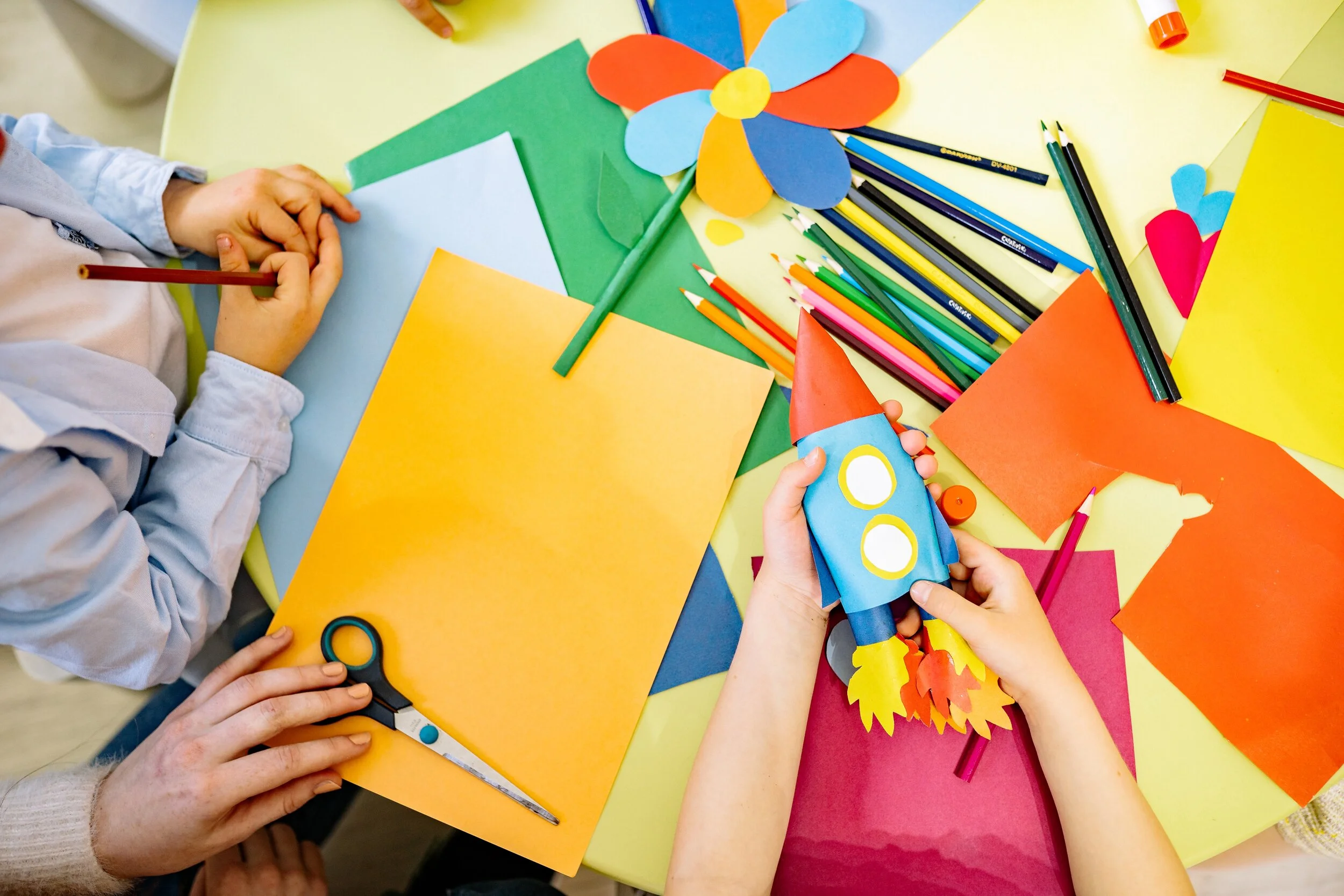We all have heard the infamous saying, “New year, new me.” While having goals and positive visions for the new year is important, it is also important to create realistic expectations of yourself and your capabilities.
New Year’s resolutions are extremely personal. Some people may want to change internally. For instance, they may want to work on becoming more positive or friendly towards others. While other people's aspirations may be rooted in the external, like money or physical appearance. Having your New Year’s resolution focus on mental health and wellness is a great place to start to set the intention for a year of positive growth.





























